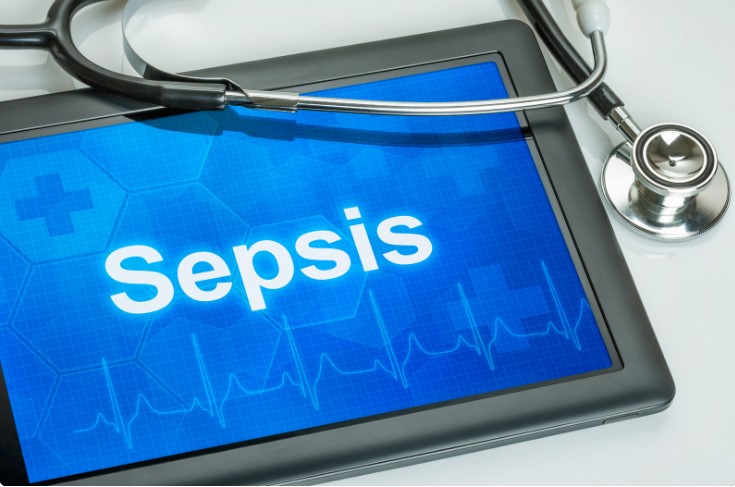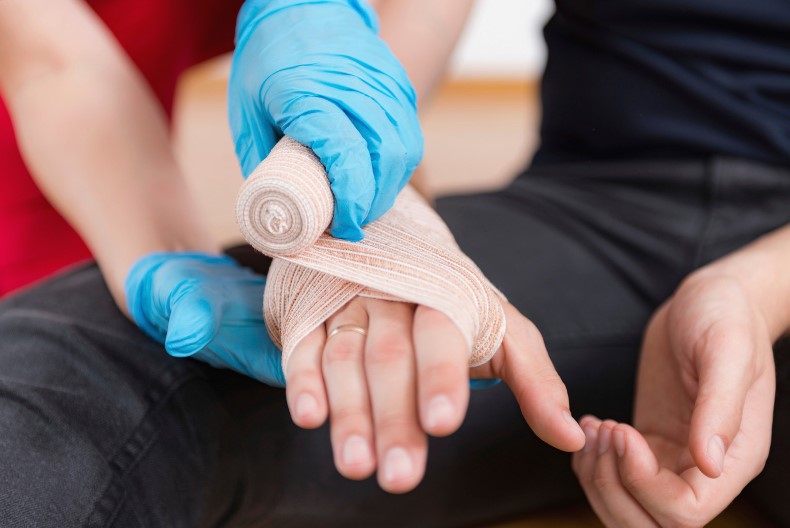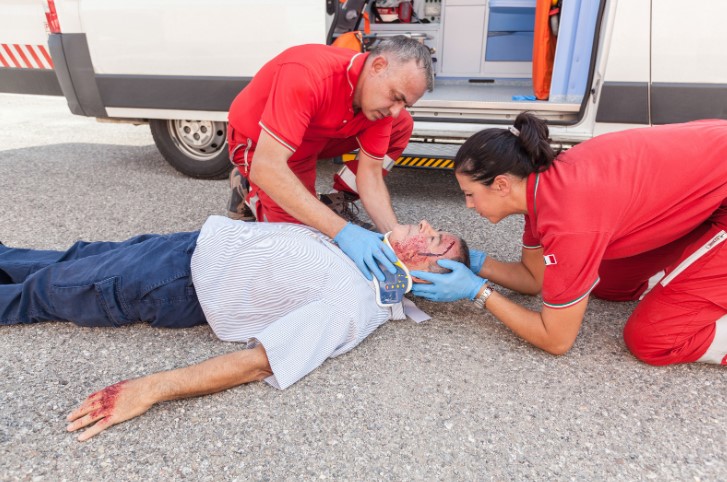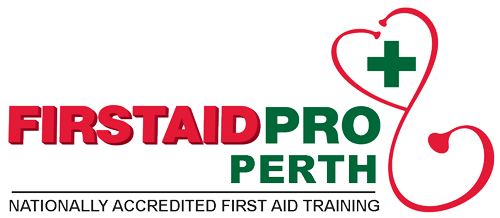First Aid for Asthma: Asthma is one of the most common long-term diseases affecting the lungs, which are common in children and adults.
The condition is characterised by narrowing the airways, making it difficult for the person to breathe, cough, and make a sound.
For some, asthma is a minor nuisance, but for others, these attacks can be a major problem to the point that they interfere with their daily activities. In severe cases, it can be life-threatening,
Asthma has no permanent cure, but there are ways to control the symptoms. As the condition tends to change over time, keeping track of your signs and adjusting treatments as necessary is important.
Understanding Asthma Facts
According to an article published by National Asthma Council, Australia has among the highest allergy rates in the world.
Approximately 2.7 million Australians, or 11% of the total population, have asthma, which is more common in female adults than male adults. It is a leading chronic disease in children, with around 460,000 cases for ages 0 to 14.
While most asthma attacks are not serious and can be controlled with standard medication, some reactions can lead to life-threatening complications.
For this reason, knowing First Aid for Asthma is important to give immediate treatment, even at home.
First Aid Tips For Asthma
If an asthma attack is proving a real threat to you or anyone, it is important to know the steps to handle it.
Follow these three easy steps to be ready for an asthma emergency.
Know The Triggers
The factors that cause an asthmatic reaction are called ‘triggers.’
People with a history of asthmatic attacks should always avoid trigger substances. But in order to prevent and get rid of these triggers, you will need to identify them first.
The most common asthma triggers are cigarette smoke, exercise, inhaled allergens, chemicals, foods and flavourings, and environmental factors.
Consult a doctor or allergist if you struggle to identify your triggers.
Recognise The Symptoms
While some symptoms are mildly nuisance, others tend to become extremely uncomfortable and even life-threatening. The reaction can vary from each person, so it is important to recognise these early and know how to treat them.
The most common asthma symptoms include wheezing, shortness of breath, chest tightness, and coughing fits.
Recognising the symptoms early can give you the chance to act quickly.
Know How To Respond
Although avoiding the triggers is a vital treatment approach, it usually does not completely end the reaction.
In severe asthma cases, it only takes a small amount of triggers to set off an attack. Learn how to react to an asthma emergency by learning first aid.
First Aid For Asthma
Everyone at home needs to know the four steps of asthma first aid.
- Sit the person in an upright position.
- Proceed with giving four puffs of the blue reliever puffer. Shake the puffer first and put one puff into a spacer at a time.
Get the victim to take four breaths of each puff through the spacer. Remember – shake, one puff, four breaths for effective use.
- If no spacer is accessible at home, give the victim four puffs of the reliever directly into their mouth. Repeat action until they have taken four puffs.
- If there is no improvement in the victim after these attempts, call triple zero (000) for an ambulance.
In the event of an emergency, it is always best to have an asthma action plan in place. Talk to your doctor or allergist about creating one.
Conclusion
Knowing your triggers, recognising your symptoms, and knowing how to respond is an important part of Asthma First aid and prevention.
Learn what to do by taking a first aid course. Know how to recognise the symptoms and how to administer an autoinjector (EpiPen) in an asthma attack.
Visit the First Aid Course Canberra for more information.








